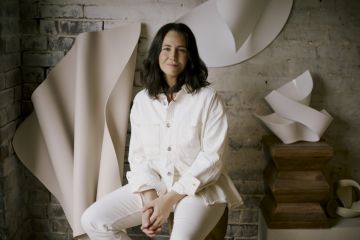Melbourne Cup Carnival 2019: the dark elements and the virtues
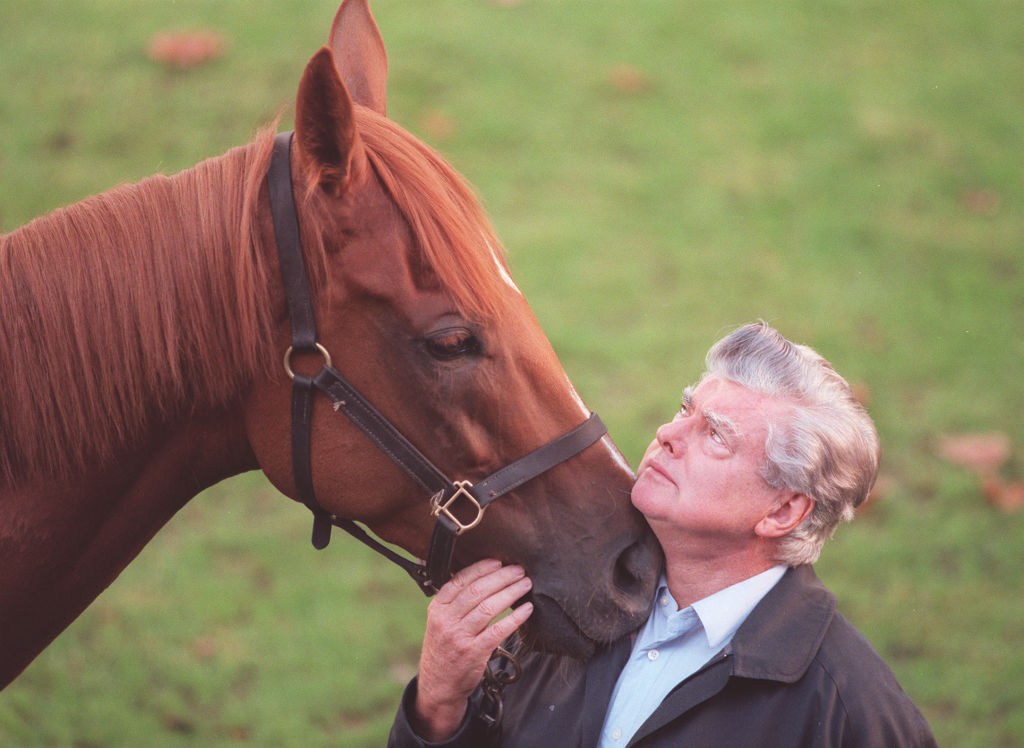
It seems that every second spring racing carnival, racing’s dark elements wrestle with its virtues.
The bad stories have a knack of invading space reserved, in theory, for the good ones.
This spring, the 7.30 Report horse welfare expose and damning Darren Weir story co-exist with the enticing annual story of the international raiders, the toffs flown in to wrestle us for the Melbourne Cup.
They co-exists also with the story of Melbourne Cup runner Surprise Baby, the gelding passed over twice at public auction before being bought for five-grand to be trained on the outskirts of Horsham.
They co-exists with the story of Mystic Journey, Tasmania’s mouse that roared, and with the story of champion female jockeys such as Jamie Kah, who compete on absolutely equal terms with the boys and hold their own.
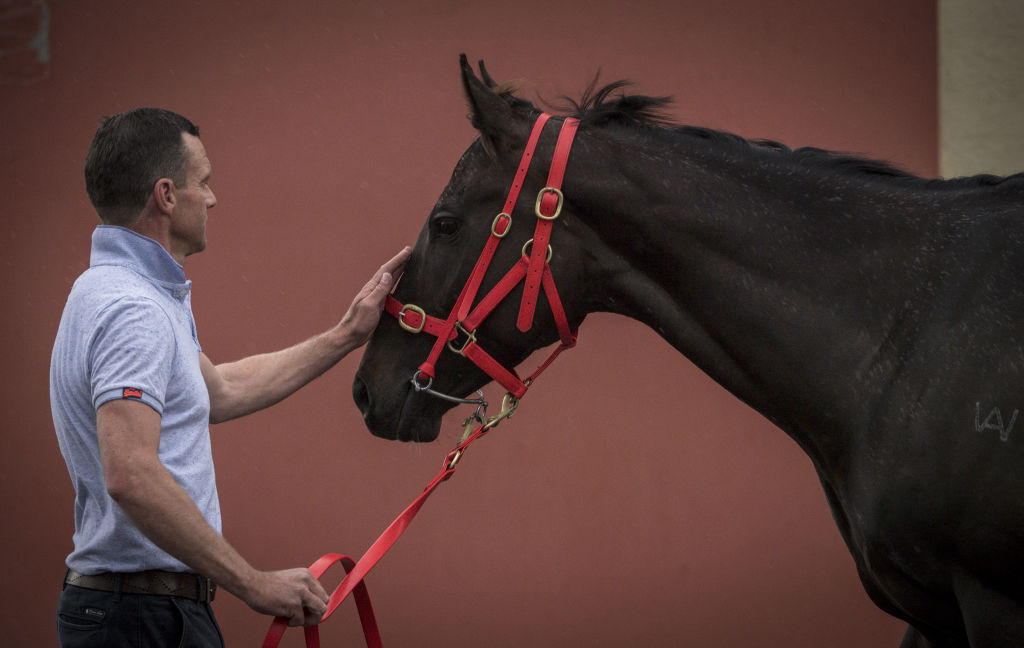
In few other sports does such a tantalising male/female landscape exist; no fear, no favour.
Ride Like A Girl celebrated Michelle Payne’s smashing of the glass ceiling aboard Prince Of Penzance in the 2015 Melbourne Cup.
Payne contributed to a sport of now near-zero bigotry to female riders, one that will have its prime time in coming weeks as Weir, who trained Prince Of Penzance, faces charges that have disgusted even those accustomed to racing’s rough elements and as racing grapples with ghastly images and practices exposed by the ABC.
Racing will survive whatever comes of these unsavoury stories, not only because its fuel – the punting dollar – seems unaffected by them but because racing is greater than its worst extremes.
The spring racing carnival is Melbourne’s melting pot, where social meets sport as the weather warms up. New colours emerge in spring. Flowers blossom and lawns turn bright green. People put themselves on parade. Some put on a suit or fascinator for the first time in exactly a year.
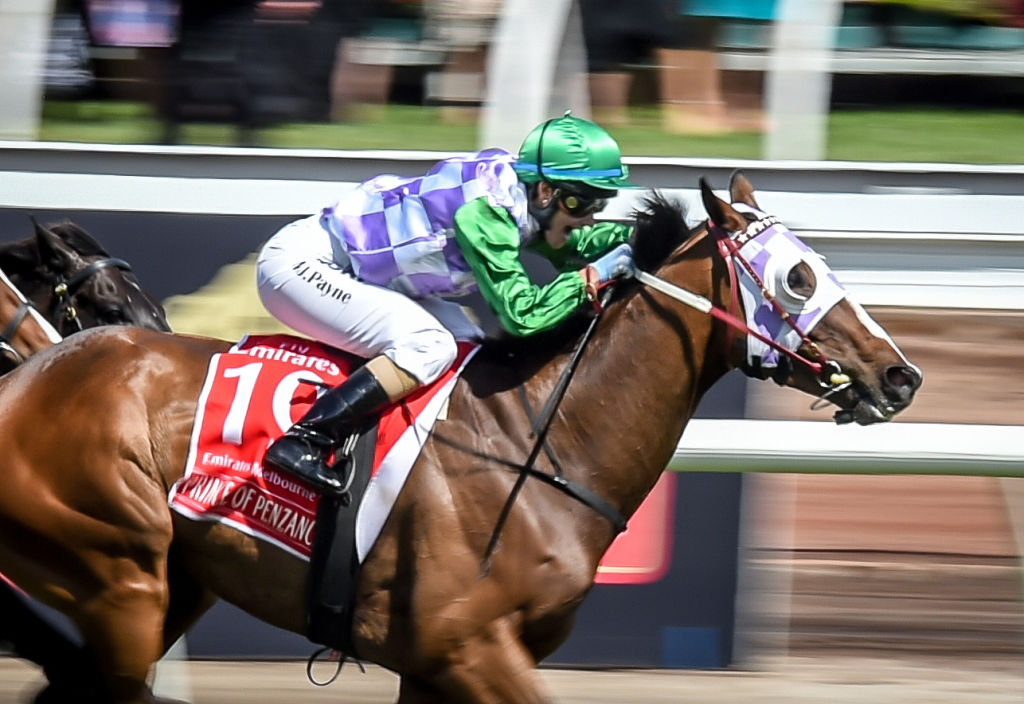
To some, the horse racing is front and centre, with the suits and frocks a sideshow to stories like Surprise Baby versus the World, while for others the racing is a background blur to Australia’s greatest annual catch-up.
When dark stories like Darren Weir pop up, racing people are not ignorant to the damage, but they remain comfortable with the bigger picture, with racing’s great spectrum.
At the picnic races, a feature of Victorian racing from October until Easter, racing puts on a different show from the horde gatherings at Caulfield or Flemington in October. Beautiful racecourses are reached through beautiful valleys in the east of the state. Scandal cannot penetrate them.
They attract neither racing’s hard core or society’s party set but those in-between, the ones with kids, eskies and picnic rugs.
There are horses and the races but the horses are not as fast as their city mates and the prize is a few bob.
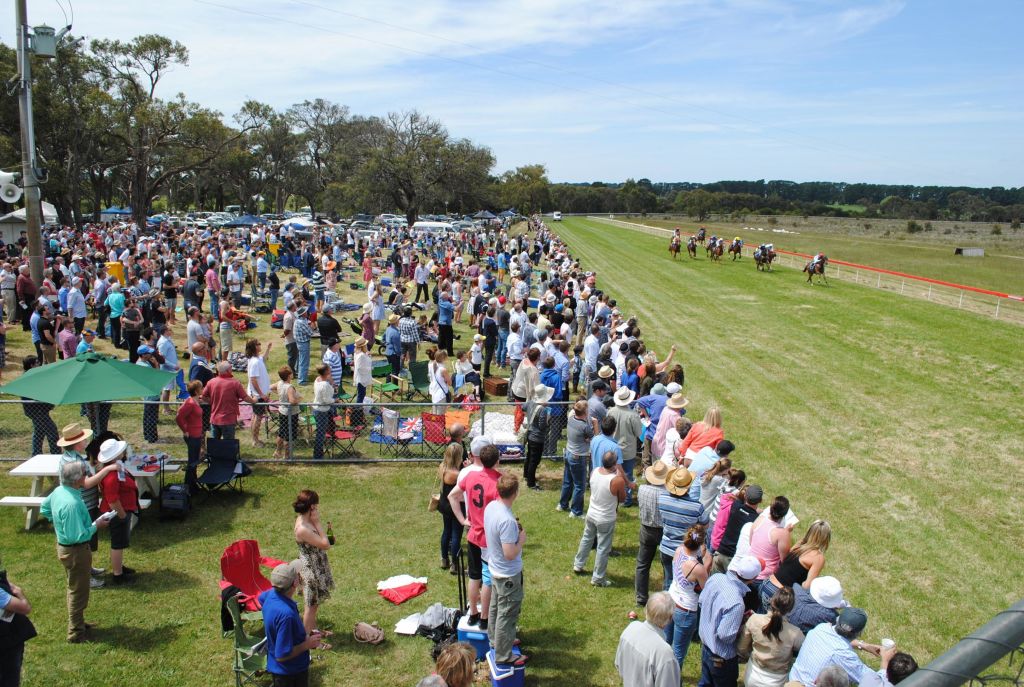
A good picnic horse, cheered on by thousands in thongs, is the quickest of the slow, a toiler given a second chance by owners who love them to bits and trainers who race them for love and life balance, not profit.
My two teenage sons and I race a picnic horse called Pistol, who is our hero, among the fastest of the slow. We follow him through summer to Yea, Balnarring, Healesville and Woolamai where the kids pat him and fill his water bucket in race-day stables made mostly of tin.
If Pistol wins, there are tears and hugs from Glen and Vicki, who also own the horse, and our trainer “Tiger’’, whose son Max is our jockey.
Once at Pistol’s stall at Woolamai, a half hour before his race a small spider found its way onto my son Max’s elbow. Racing abounds with superstitious people, and Tiger is simply the worst.
His face lit up, ordering Max to keep the spider on his forearm until Pistol raced. If the Spider stayed put, Pistol would win. “Best omen ever,’’ Tiger enthused, eyes locked on my son’s Elbow.
Pistol did win, and just at that moment, the spider leapt into the grass and disappeared, job done.
This was one of our racing stories. We have others, like that race at Balnarring sponsored by a buck’s party. The winning jockey, a girl named Maddie, was sprayed in champagne by a young footballer in an evening dress.
Or, in the big smoke, at my first ever race meeting, the day Kingston Town won his third Cox Plate at Moonee Valley. I was 13 and peeked through arms and legs half-way up the grandstand as the black horse won to an almighty roar.
Or yakking to Bart Cummings one morning at his old stables at Flemington, admiring his gentle genius, or laughing and yakking all the way back from a far-flung race meeting, up the front of the truck with our trainer, after our slow horse ran last.
Horse racing is far bigger than individual stories, good and bad.
The Weir thing and the ABC report are terrible blows but not terminal ones. With each blow, racing learns something about itself and gallops on.
We recommend
States
Capital Cities
Capital Cities - Rentals
Popular Areas
Allhomes
More





